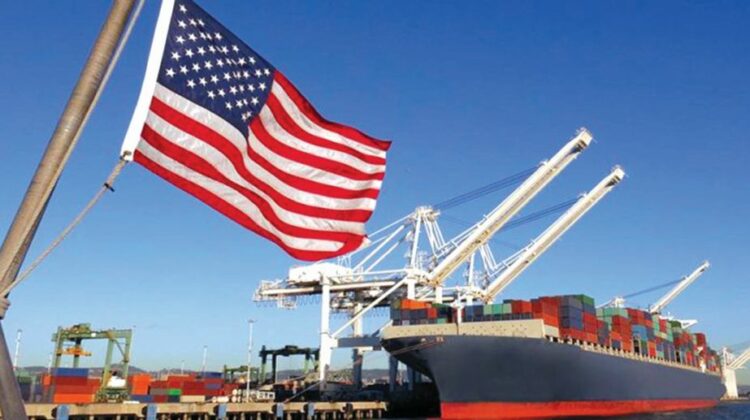
Potential shifts in US Trade Policy to affect trade in 2025 : UNCTAD
GENEVA : Potential shifts in United States (US) Trade Policy to a more protectionist one, inward looking industrial policies in many countries, threat of renewed and expanded trade wars along with ongoing geopolitical tensions are set to negatively influence international trade in 2025, a report released on Thursday said.
Although moderating global inflation, stable economic growth forecasts and improving business activity point to continued positive momentum in global trade for early 2025, the trend is expected to face challenges, United Nations Trade and Development (UNCTAD) said in its report on Global Trade Update.
The global trade is expected to grow 3.3 per cent or by $1 trillion in 2024, with both goods and services contributing approximately $ 500 billion each.
According to the report, during the last four quarters, trade growth in developing countries outpaced that of developed countries. However, this trend inverted in the third quarter of 2024, with trade growth largely driven by positive trade dynamics in developed economies. India saw 3 per cent and 1 per cent contraction in exports and imports in the third quarter of 2024.
The report further said that the US is anticipated to adopt a “more protectionist trade policy”.
“In this context, new tariffs may not only be directed at specific products, but rather implemented more broadly. Moreover, tariffs could be affecting not only geopolitical adversaries but also key trading partners, particularly those with higher tariffs and significant trade surpluses with the United States,” the report said.
That apart, tariffs imposed to specific segments of global value chains often have a ripple effect, impacting not only the targeted industries and countries, but also the entire value chain.
“Even in the absence of actual tariff increases, the mere threat of tariffs and possibility of retaliatory actions fosters a less predictable global trade environment, which can negatively impact not only international trade but also investments and overall economic growth,” the report said.
“The prioritisation of national concerns and the urgency of fulfilling climate commitments will likely continue to shape changes in both industrial and trade policies into 2025,” the report said.

